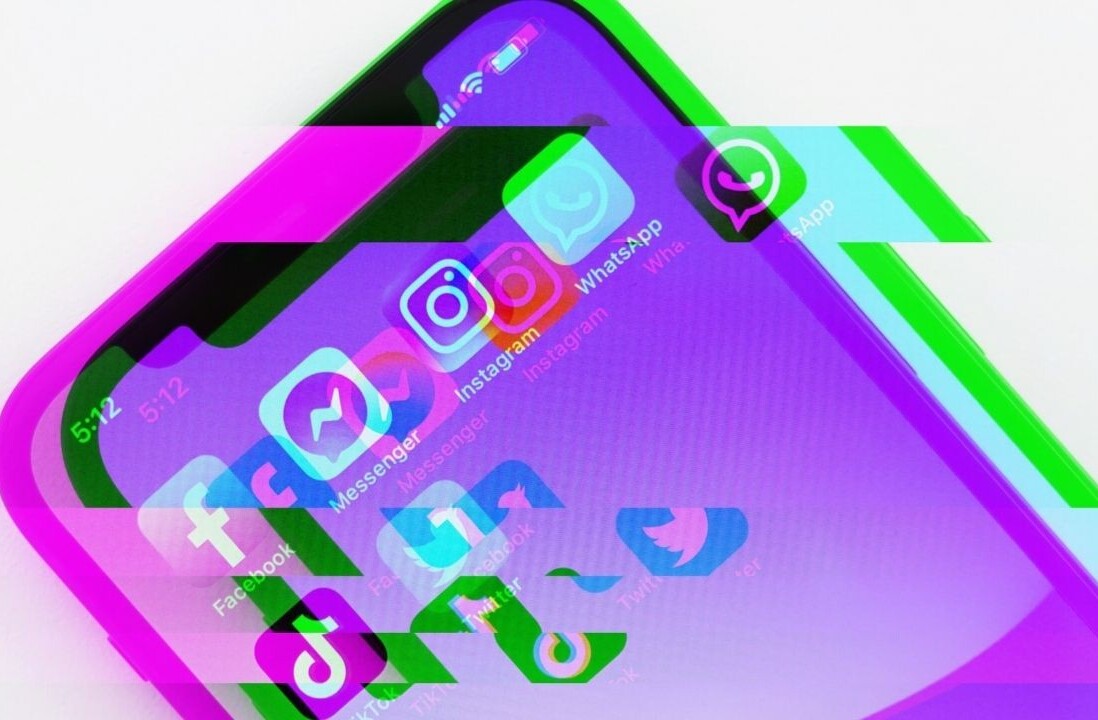
For many of us, there’s nothing online that reflects our personality more than our Twitter accounts. The things we do, the links we share, the opinions we hold – they’re all there in 140-character doses for everyone to see. What happens when we die though?
I’ve always had a strange feeling when looking at the Twitter accounts of people who have died. They read like self-penned epitaphs, running commentaries of lives that suddenly, and sometimes unexpectedly, came to an end. Yet they’re fragile memorials, open to hacking or being deleted if someone manages to persuade Twitter to grant them the username after it’s been inactive for a certain amount of time.
This was highlighted recently when social technologist Christian Payne blogged about his experience of receiving a Twitter DM from a friend who died four years ago. Clearly, the account had been hacked and was sending out spam, but it led Payne to call for something I wholeheartedly agree with: protection for the Twitter accounts of those who have died.

Meanwhile, the account @martin for a couple of years held the tweets of a sadly deceased user, until someone else took it over last year. I certainly don’t blame the new tenant of the account (I’d considered seeing if I could get hold of it in the past), but what happened to all those tweets that were on the account previously? Are they gone for good, or only accessible to researchers granted access to the Library of Congress’ Twitter archive?
In death as in life
Other social services already have ‘memorialization’ procedures in place. Facebook, for example, allows family members or friends to submit proof of a person’s death to lock the account down into a state that stops it sending out app notifications and other activity that may upset others, but allows people to remember them via their status updates, photos and the like.
Sure, Twitter has never had the same ‘one account per real person’ emphasis that Facebook does, but my Twitter account says more about me than my Facebook account probably does, and I like the idea of it sticking around after I’m gone. I also find it comforting that I could re-read the tweets of loved ones after they die without worrying that one day I’ll load up a profile and find it replaced by someone else’s fresh new account.
Memorializing accounts would be an administrative nightmare for Twitter – after all, how do you prove an account was set up by the person it purports to represent? The currently highly limited Verified Accounts program would probably need to be expanded significantly to make this work. Twitter probably has little interest in becoming a digital graveyard for deceased users, but given how many of us treat our Twitter accounts as an extension of our personalities, it would be an excellent gesture to the user base.
We may not all have the great body of work that famous artists or entrepreneurs leave behind, but it would be nice if our tweets could stay intact when we die – a little bit of us embedded in the world’s collective digital memory forever.
Image credits: Adam Selwood, Christian Payne
Get the TNW newsletter
Get the most important tech news in your inbox each week.




